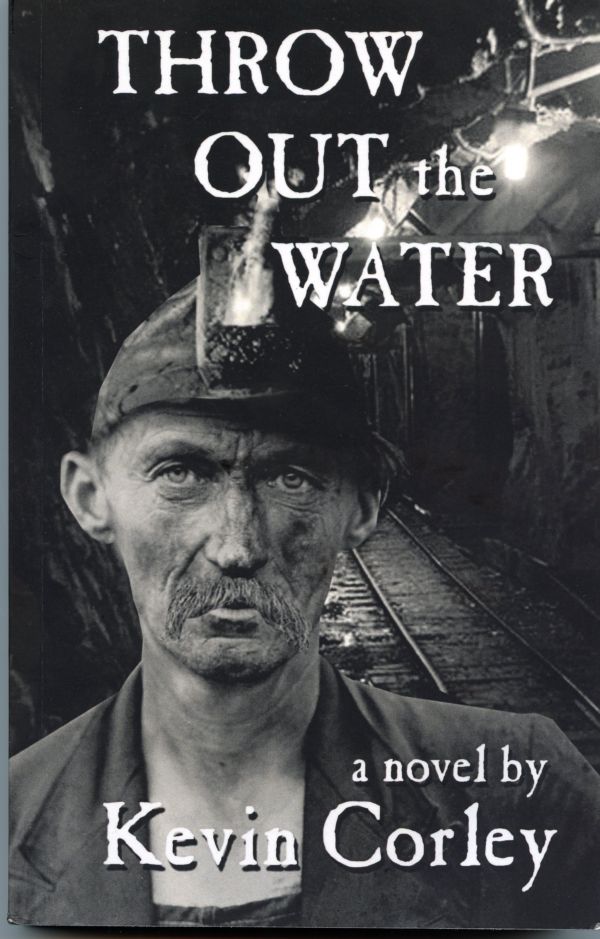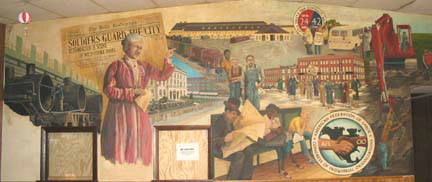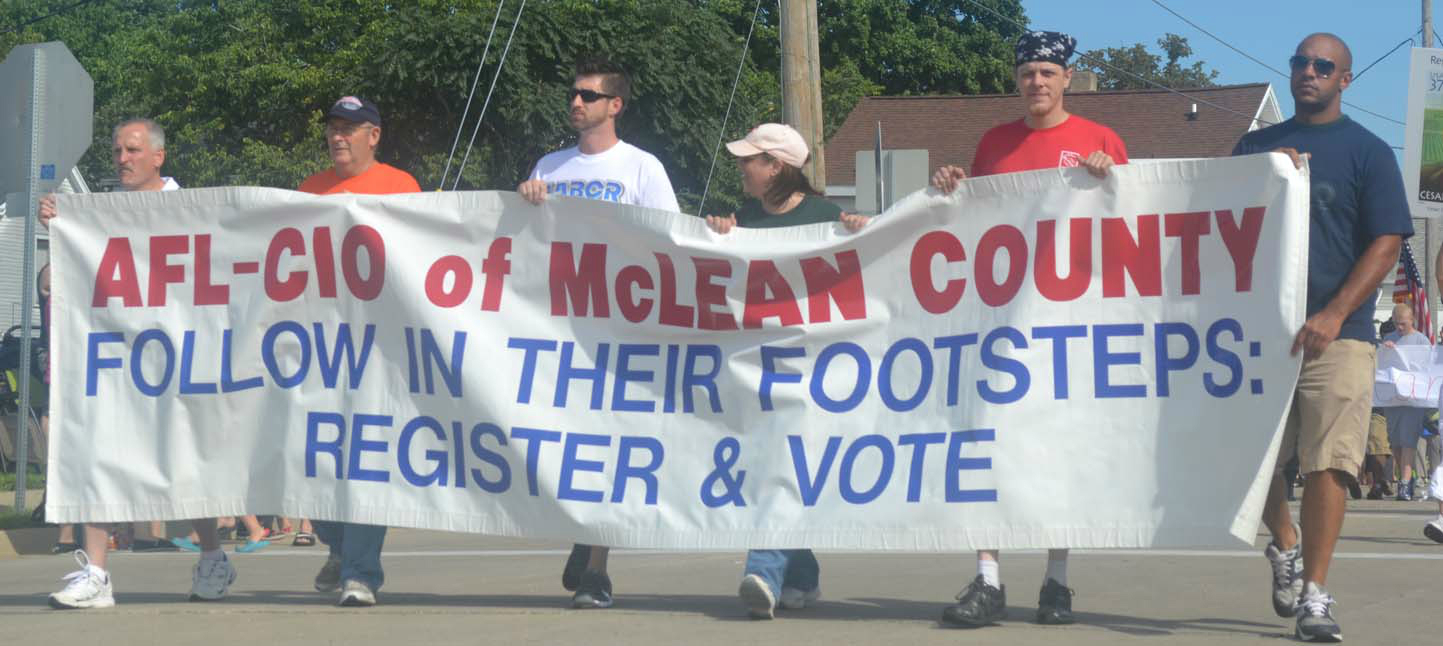
|
|
A novel about a union battle? “Yawn” might be the response, unless that novel includes gun battles, dynamite and sadistic sex.
Throw Out the Water tells a family tale, as Illinois miners fight a unique and bloody coal fields battle.
Now most coal field stories feature a greedy company, collapsing mines and exploited but militant miners.
South of Springfield in the early 1930s, the battle was miner vs. miner and the ugly scars lasted generations.
United Mine Workers President John L. Lewis decided in the late 1920s that miners would never prosper with multiple and often small operators. He would rather deal with a few large companies, which would mean more mechanization and fewer miners, but hopefully more secure conditions.
Illinois miners challenged his rule and the union split into rival factions. Eventually, an Illinois group formed the Progressive Mine Workers of America, a splinter union.
Families were torn asunder as Progressives picketed UMWA mines and workers faced a hard choice -- join the militant faction or take the lure of steady employment.
Author Kevin Corley, a retired southern Illinois teacher, learned the miners’ story from his students and their families.
He crafts his novel around the fictional Bacca family. The father helped form the UMWA with his feisty wife’s support. Now his two sons have gone separate ways -- one is working in a UMWA mine, the other raging, often impotently, against the mines and his fellow working miners.
As it really happened, particularly between Springfield and Taylorville, railroad bridges were dynamited, porches blown up, union activists on both sides shot and union caravans ambushed.
Some blamed the coal companies for hiring thugs and gangster to intimidate the Progressives. Some blame hot heads on both sides. Historically, the UMWA eventually won, but deep scars lingered.
Historical figures appear, but the novel’s real focus is the torn Bacca family, still united by deep bonds, but each member taking their chosen path within a larger, historic struggle. The novel is gripping, well-written and exemplifies the tension working families often face when confronting hard choices.
Reviewed by Mike Matejka
|



